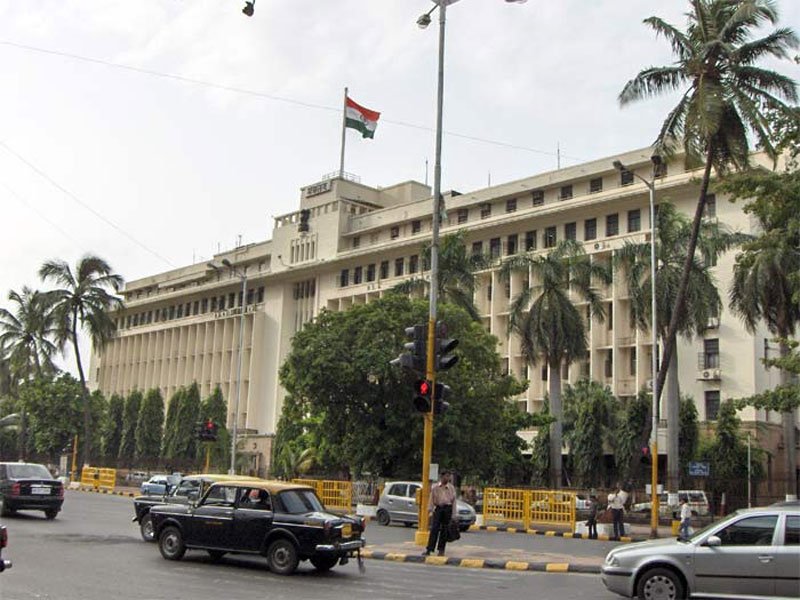Centre's Direct Selling Guidelines being Adopted by Maharashtra Soon

maharashtra government
The Government of Maharashtra has decided to adopt the Centre’s draft guidelines as final norms for direct-selling industry very soon.
This has provided a major boost to the Rs 10,000-crore direct-selling industry in the country.
Maharashtra would be the fourth state, after Telangana, Sikkim and Chhattisgarh, to implement the guidelines for ease of doing direct-selling business in the state, as proposed by the Central Government last year.
The Ministry of Food and Civil Supplies and Consumer Protection Department, Government of Maharashtra, on Friday convened a meeting of all stakeholders ahead of adopting the Centre’s draft guidelines.
Representatives of various important bodies including the Securities and Exchange Board of India (SEBI), the Reserve Bank of India (RBI), the Ministry of Law (Government of Maharashtra) and independent industry stakeholders like Vijay Sardana, Chairperson of Consumer Affairs Council, Assocham, attended the meeting.
The Government sought their opinion on the draft guidelines.
“A meeting among various stakeholders including regulators like SEBI and RBI, of direct selling industry was held on Tuesday.
A majority of participants today were of the opinion that there has to be a guideline for the direct selling industry in India.
We are going ahead with the draft guidelines proposed by the Centre which would be enacted into a law soon,” said Mahesh Pathak, Principal Secretary, the Ministry of Food and Civil Supplies and Consumer Protection Department, Government of Maharashtra, on 12th December 2017 in an official statement.
Participants who attended the meeting said that the RBI has sent its concerns on the direct selling companies to adhere to the existing guidelines including Money Laundering Act and other applicable laws in India.
“SEBI, however, raised its apprehensions on direct selling mechanism and asked companies to adhere to various applicable guidelines including pooling of investments and deposits, chit funds scheme etc. as laid down by the regulator time-to-time.
The Ministry of Consumer Affairs, Government of Maharashtra, however, asked SEBI to raise its objections on specific points mentioned in the draft guidelines, on which SEBI official remained silent. Officials in the state Consumer Protection department asked SEBI representative to discuss the regulator’s apprehensions with the Centre,” they said.
The Union Ministry of Consumer Affairs issued a model draft guideline in September 2016 which directed states to implement it after incorporating changes, if any.
Being a state subject, direct selling industry is regulated by the Ministry of Consumer Affairs at the Centre and concerned ministry in states for consumer protection.
“The direct selling industry needs a law. While consumers are protected in India under various laws, a regulation is needed for consumer protection under direct selling framework. We recommended the government to enforce the Centre’s law without any further delay in the growth of direct selling industry which would also help employment generation,” said Sardana.
Direct selling participants can work on their own. However, they can also be affiliated with a company that uses the channel, by retaining the freedom to run a business on their own terms.
Participants forge strong personal relationships with prospective customers, primarily through face-to-face discussions and demonstrations.
This gives them first-hand experience to be creative and innovative, ultimately adding value to the direct selling industry.